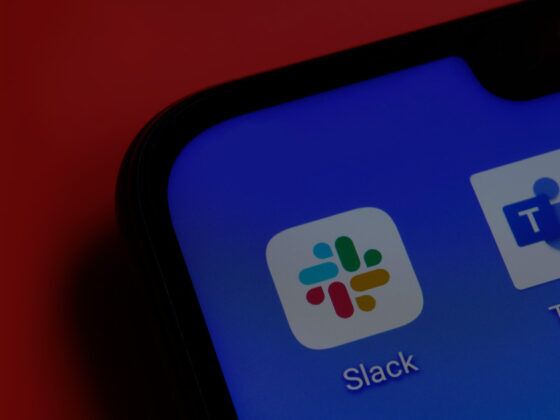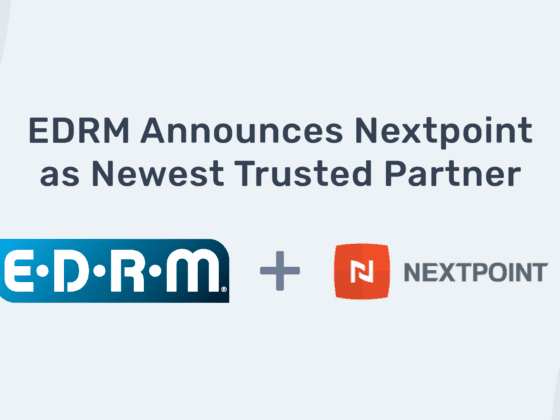Having recently come from the ABA Techshow in Chicago, it was interesting to see that even after more than a decade of explosive growth, the field of litigation technology is still largely dominated by a small handful of experts. As with any insular world, there’s always a chance for conflicts of interest and the appearance of improper relationships.
It was probably not surprising that the plaintiffs in the recent Da Silva Moore v. Publicis Groupe, (S.D.N.Y. Feb. 24, 2012) opinion, which supported the use of machine learning in discovery, filed an objection to the order.
It’s probably also not surprising that they argued that the judge, Andrew Peck, was too cozy with search technology vendors and should recuse himself. In fact, it’s a mainly surprising that such an objection hasn’t happened before.
Many of the lawyers, Magistrate Judges, and vendors in the eDiscovery field are in frequent contact, whether at industry conferences, working groups for the Sedona Conference, or writing on each other’s blogs. These relationships have helped move the industry forward, whether producing industry standards, new rules, or useful guides like the Cooperation Proclamation. In particular, a small number of influential Magistrate Judges have moved this area of law forward. I’ve written about this world for many years, including this feature profile of high-profile eDiscovery judges.
It was interesting to read Judge Peck’s response, in which he had to defend his past appearances at the LegalTech conference (which is sponsored by eDiscovery vendors), distanced himself from Da Silva Moore defense attorney and influential legal blogger Ralph Losey, and past speaking engagements on eDiscovery issues.
Peck was absolutely right to say, “If plaintiffs were to prevail, it would serve to discourage judges (and for that matter attorneys) from speaking on educational panels about eDiscovery (or any other subject for that matter).”
It would be a bad situation if industry thought leaders felt uncomfortable meeting in public, but it’s also true that the eDiscovery field would benefit from less insularity and more fresh input from newcomers. If more judges paid attention to eDiscovery issues, it wouldn’t be possible for Judge Peck to be attacked in this way.






